
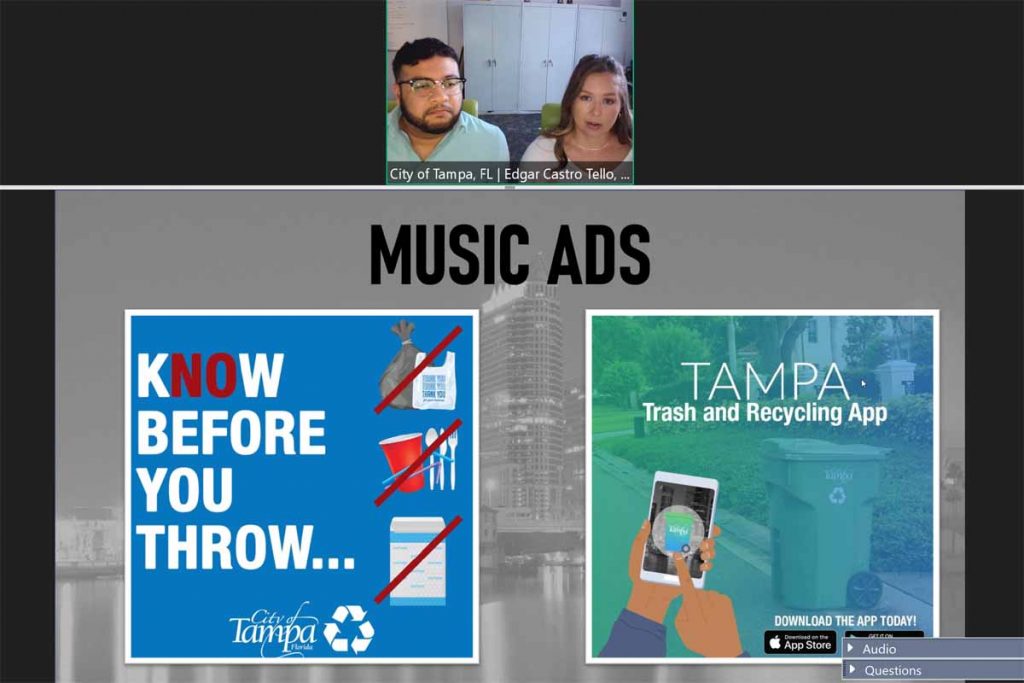
Shelby Lewis and Edgar Castro Tello, both of the city of Tampa, Fla., presented during a Carolina Recycling Association webinar about their use of advertising on streaming media to provide recycling information to residents. | Webinar screenshot
Streaming media and text messages may be lucrative advertising platforms for companies selling products, but they’re also cost-effective channels for disseminating local recycling program information to targeted audiences.
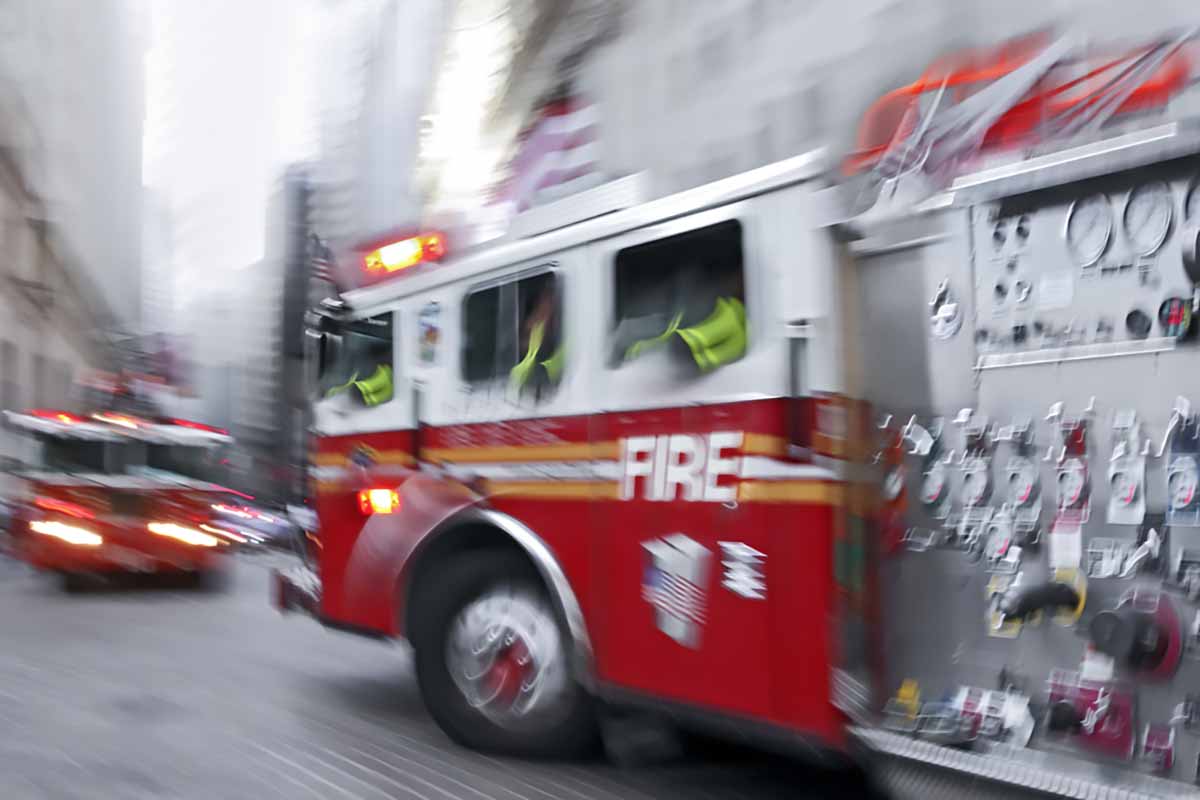
A fire at Tulsa’s MRF is the latest example of the industry trend of fires caused by improperly disposed batteries and electronics. | BlurAZ/Shutterstock
The city of Tulsa, Okla. was forced to redirect its residential recycling stream to a waste-to-energy plant after an improperly discarded battery sparked a blaze at a local MRF.
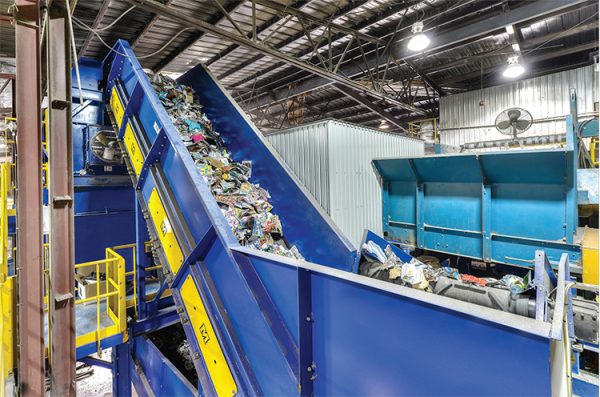
Industry leaders detailed how recycling operations have adapted a year into the pandemic.
During a recent virtual panel, the Northeast Resource Recovery Association reported that many recycling facilities are operating at 100% again, after pandemic disruptions. Additionally, a disease expert offered current guidance on preventing spread in facilities.

A jury’s decision means the city of New Bedford, Mass. does not owe the $2 million in damages sought by ABC Disposal. | Zolnierek / Shutterstock
The city of New Bedford, Mass. has won its years-long dispute with waste management company ABC Disposal over recycling fees.
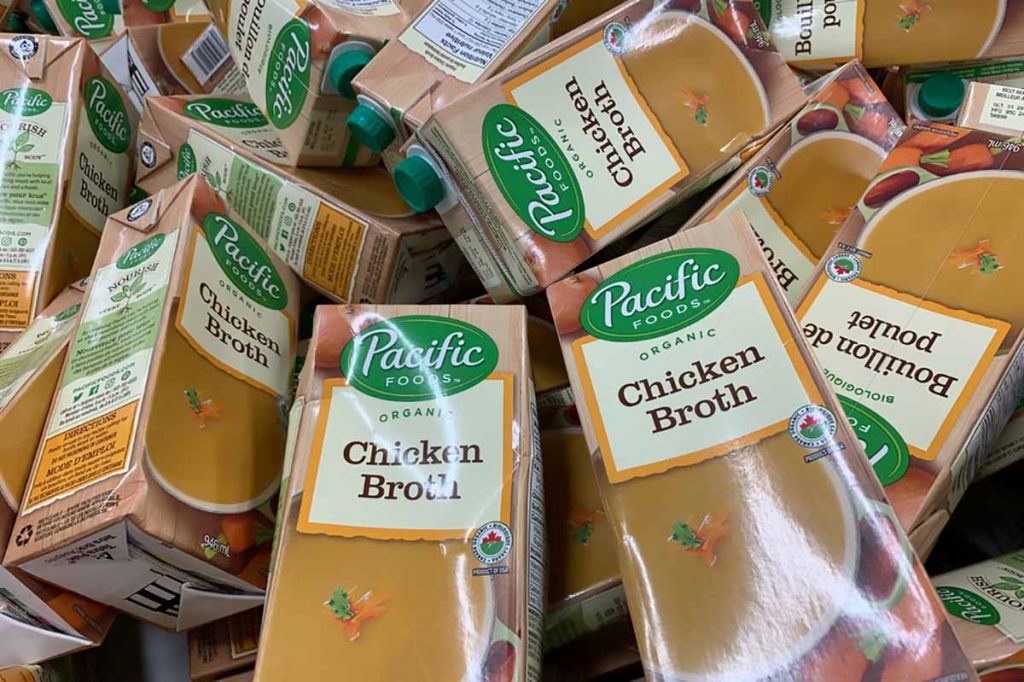
Food and beverage cartons are not accepted in curbside recycling in a number of large municipalities in Massachusetts. | Velour Noire / Shutterstock
When MRF operators sat down with Massachusetts Department of Environmental Protection officials in 2018 to develop a non-mandated accepted recyclables list, cartons didn’t make the cut.
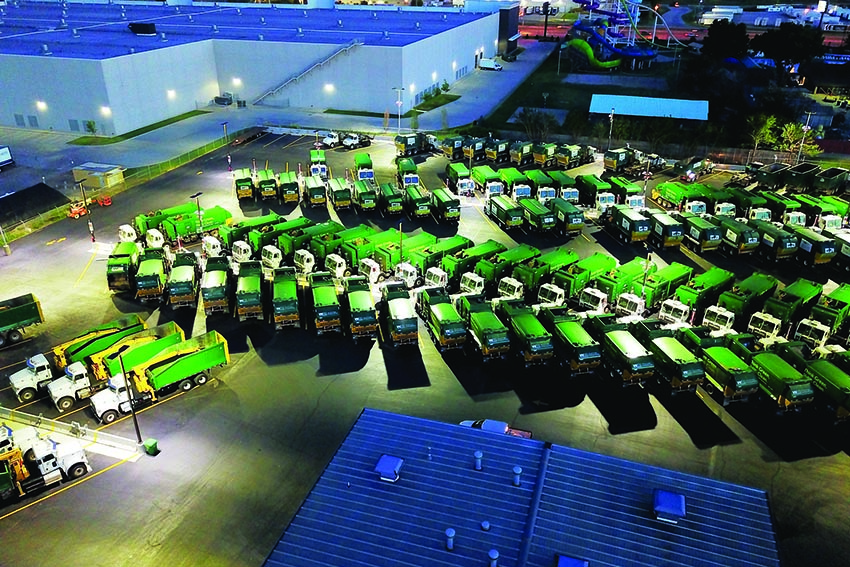
Waste Management’s overall recycling collection dropped slightly from 2019 to 2020. | Courtesy of Waste Management
A report from Waste Management describes how the pandemic shifted the composition of the curbside stream from paper to plastic last year. The document also provides insights into the company’s domestic market expectations and recycling investments.
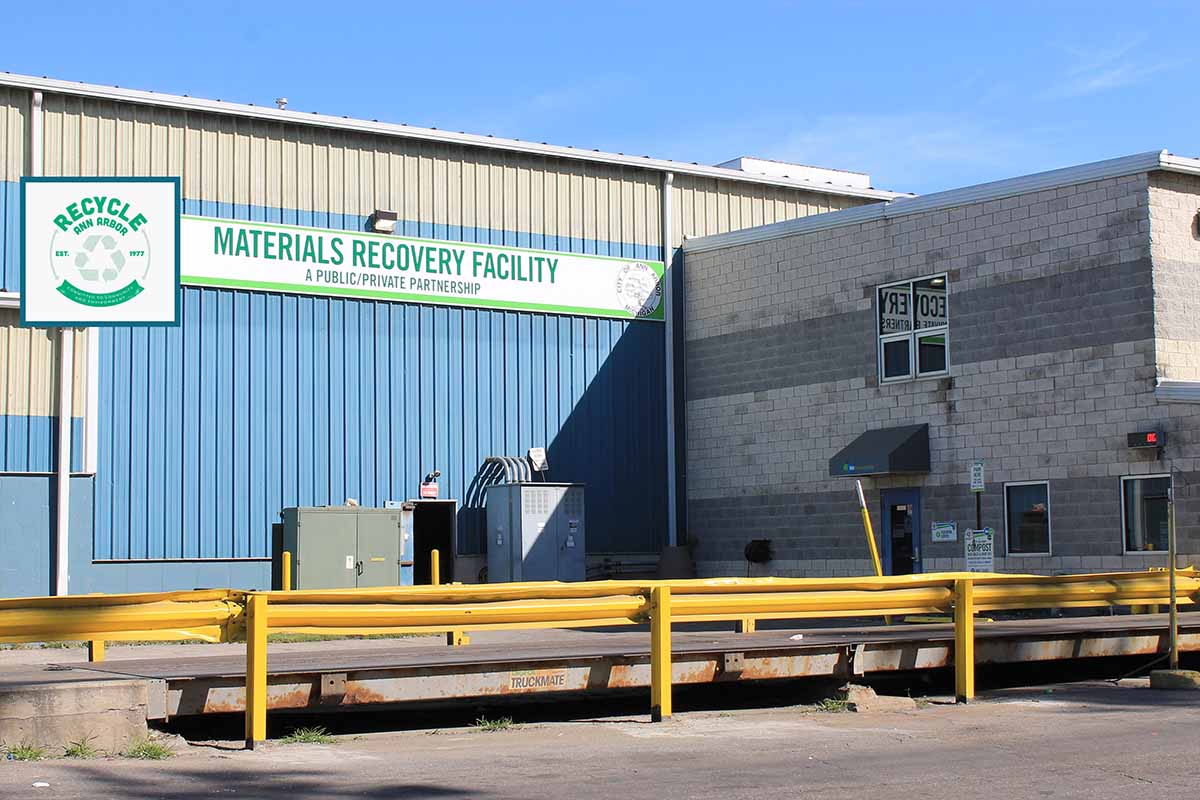
Recycle Ann Arbor secured $6 million in financing to essentially rebuild the MRF, which was first constructed as a dual-stream facility in 1995 and was retrofitted for single-stream sorting in 2009. | Courtesy of Recycle Ann Arbor.
Economic uncertainty is a given in recycling right now, but Recycle Ann Arbor has two points of stability beneath the facility project it’s pushing forward: Processing costs are covered, and fiber bales have a guaranteed home.
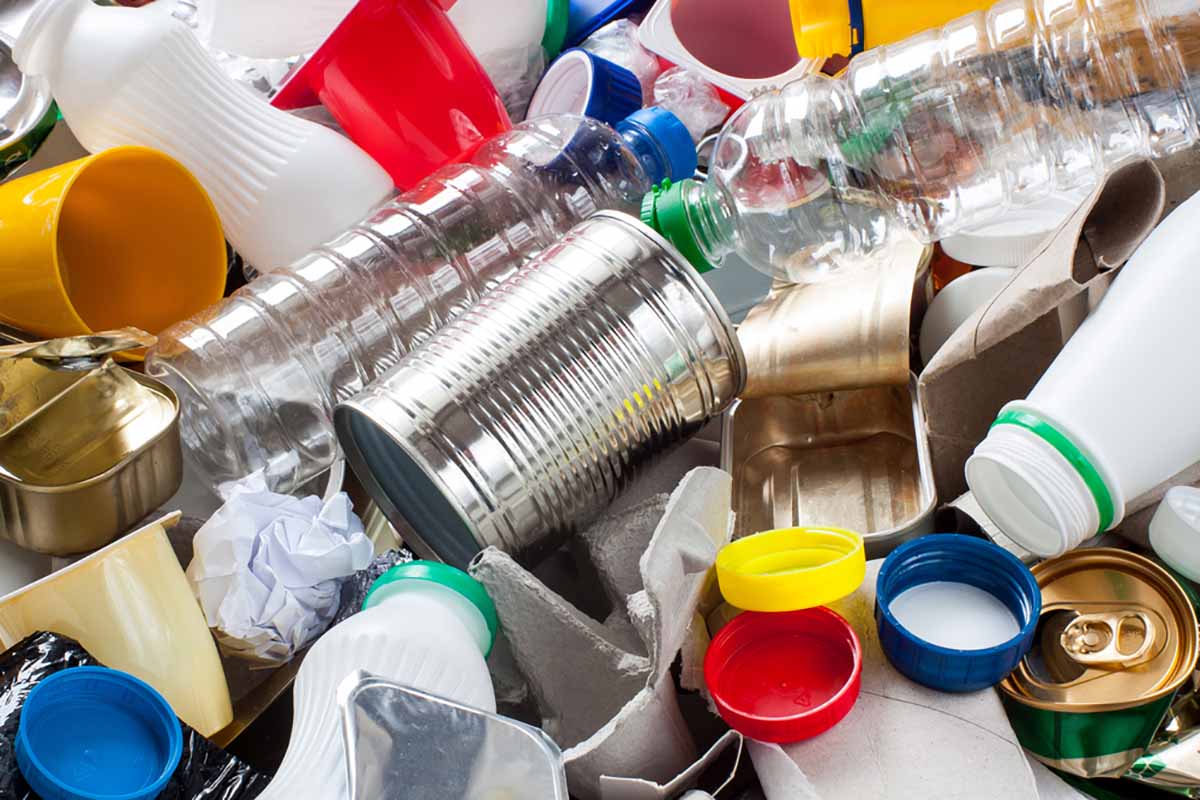
MRFs are seeing more containers and office paper in the residential stream as Americans continue to stay home in the midst of the coronavirus pandemic. | Evan Lorne/Shutterstock

The Coca-Cola Co., Keurig Dr Pepper and PepsiCo back the Every Bottle Back initiative, which seeks to boost recovery of plastic bottles and aluminum cans so they can be recycled into new beverage containers. | fizkes/Shutterstock
The beverage industry will provide $800,000 to help rebuild and re-open a long-quiet MRF in Ann Arbor, Mich.
